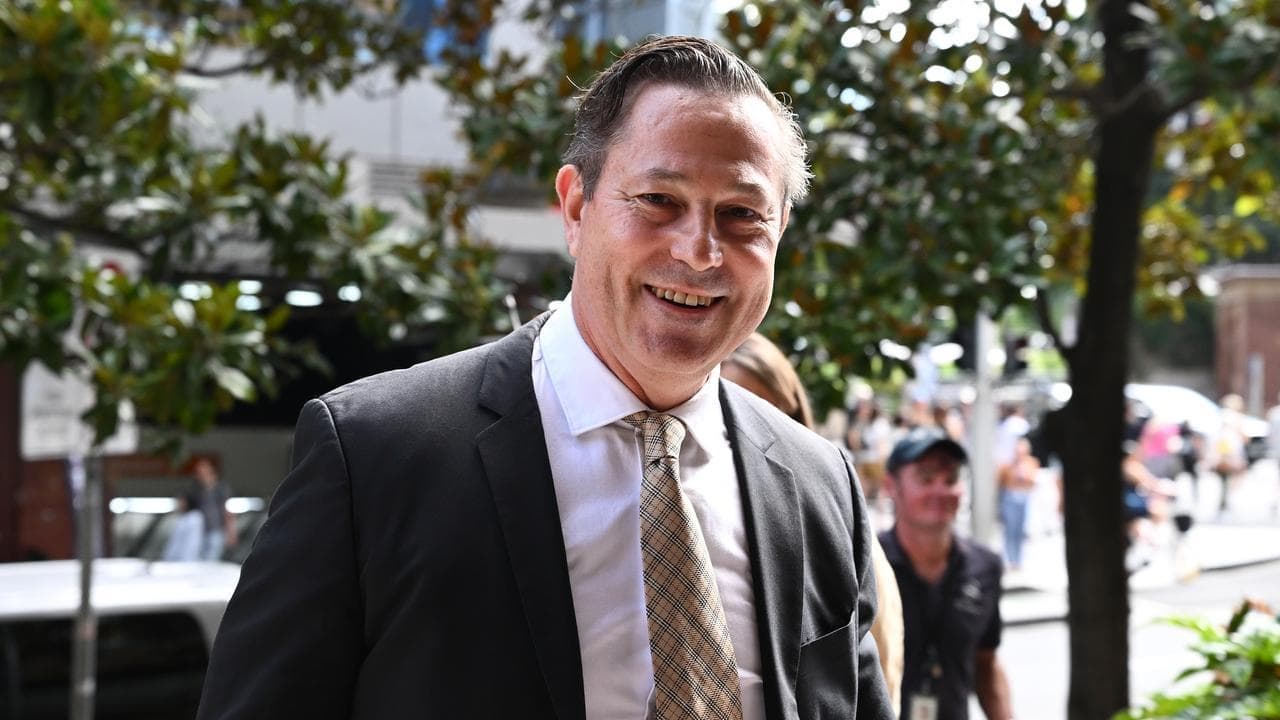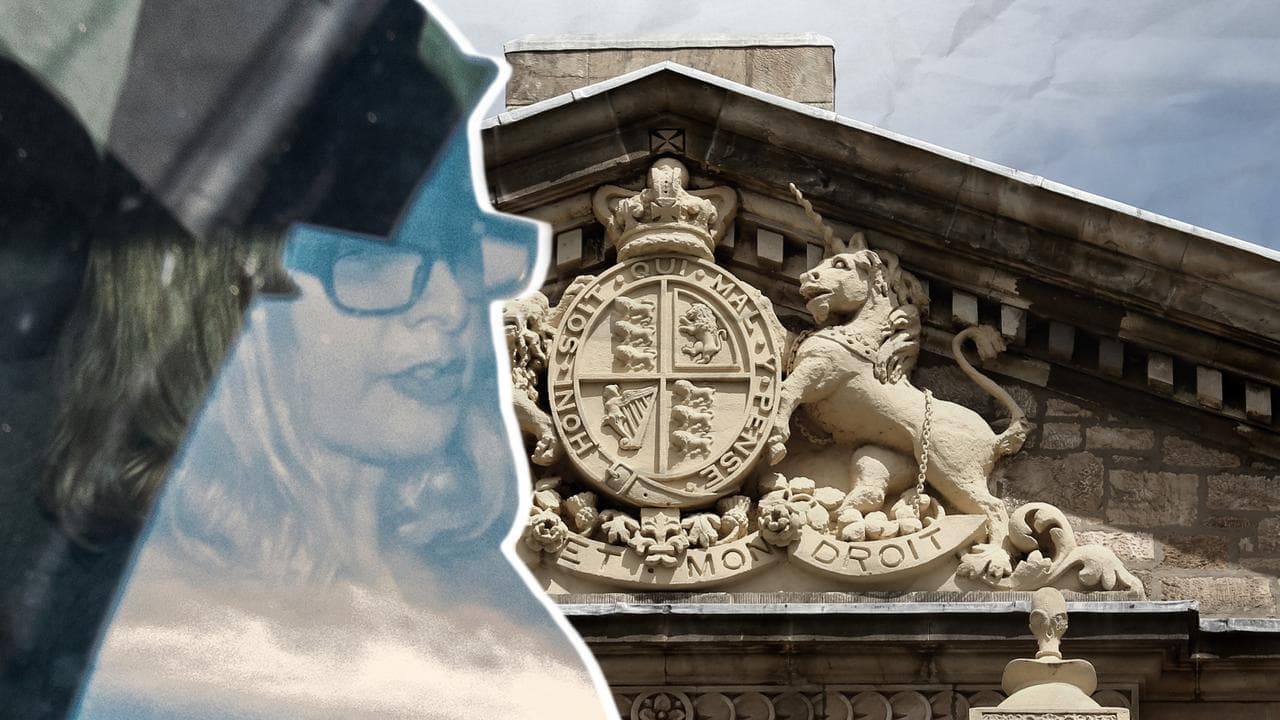WHAT WAS CLAIMED
Germany has changed the law to decriminalise the possession of child pornography.
OUR VERDICT
False. Possessing child sexual abuse material remains a crime in Germany.
AAP FACTCHECK – Posts doing the rounds on social media are claiming the German parliament has voted to decriminalise possession of child sexual abuse content.
This is false. Experts tell AAP FactCheck that possessing child sex abuse material is still a crime in Germany, and a proposed legal change would simply reduce the minimum penalties in some cases.
Facebook users have shared the claim multiple times, as have X (formerly Twitter) users.

Many posts link to an article published on May 22 by The People's Voice, a known misinformation publisher, with the headline: "Germany Decriminalizes Child Porn As Pro-Pedophile Activists Demand Age of Consent Dropped to 12."
It features an edited image of World Economic Forum chairman Klaus Schwab and a father attending a Pride event with his daughter.
"Pro-pedophilia activists groups are celebrating following the news that Germany has bowed to the World Economic Forum and decriminalized the possession of child pornography," the article claims.
It goes on to translate a May 15 German parliamentary press release: "... the bill stipulates that 'possession and acquisition should be punishable with a minimum penalty of three months' imprisonment, and distribution with a minimum penalty of six months' imprisonment … The offenses regulated in Section 184b of the Criminal Code are therefore classified as misdemeanors and not as crimes'."

The press release in question refers to a proposed amendment to section 184b of Germany's criminal code that was passed by the German Bundestag on May 16, 2024.
The draft law is yet to be passed by the Bundesrat, Germany's upper house.
Experts tell AAP FactCheck that possessing child sexual abuse material would remain a crime under the proposed law.
They say The People's Voice's inaccurate translations misinterpret specific German legal terms.
David Albrecht, a German lawyer specialising in criminal law, says the proposed reform in no way decriminalises possessing child sexual abuse material.
"It would remain a criminal offence as it is now ... ," he told AAP FactCheck.
"What it will do is lower the minimum sentence from one year imprisonment to three months (for possession and acquisition) and six months (for distribution)."
Dr Albrecht says The People's Voice translation of the parliamentary press release is "misleading", as it doesn't properly represent the meaning of two important German legal terms.
The first is "verbrechen", a serious criminal offence punishable by a minimum term of one year in prison.
The second term is "vergehen", a less serious criminal offence punishable by a lesser minimum term of imprisonment or by a fine.

The German parliament's translation of the proposed change says possessing child sex abuse material could, in some cases, be considered vergehen, the less serious crime.
Ursus Koerner von Gustorf, a Berlin criminal lawyer specialising in sexual offence cases, says the change would repeal a 2021 amendment that has "caused serious problems in practice".
"For example, there was the case of a mother who found a photo of child pornography on her son's cell phone," Mr von Gustorf told AAP FactCheck.
"To warn other parents at her son's school, she posted the picture in a chat group. She was subsequently prosecuted and faced more than a year in prison.
"The court found that the sentence could be unconstitutional and asked the federal constitutional court for guidance."
AAP FactCheck previously debunked a similar claim about child abuse laws in Europe.
The Verdict
The claim that Germany has changed the law to decriminalise the possession of child pornography is false.
Experts tell AAP FactCheck that possessing child sex abuse material remains a crime in Germany, but a proposed legal change would reduce the minimum penalties in some cases.
False – The claim is inaccurate.
AAP FactCheck is an accredited member of the International Fact-Checking Network. To keep up with our latest fact checks, follow us on Facebook, Twitter and Instagram.












